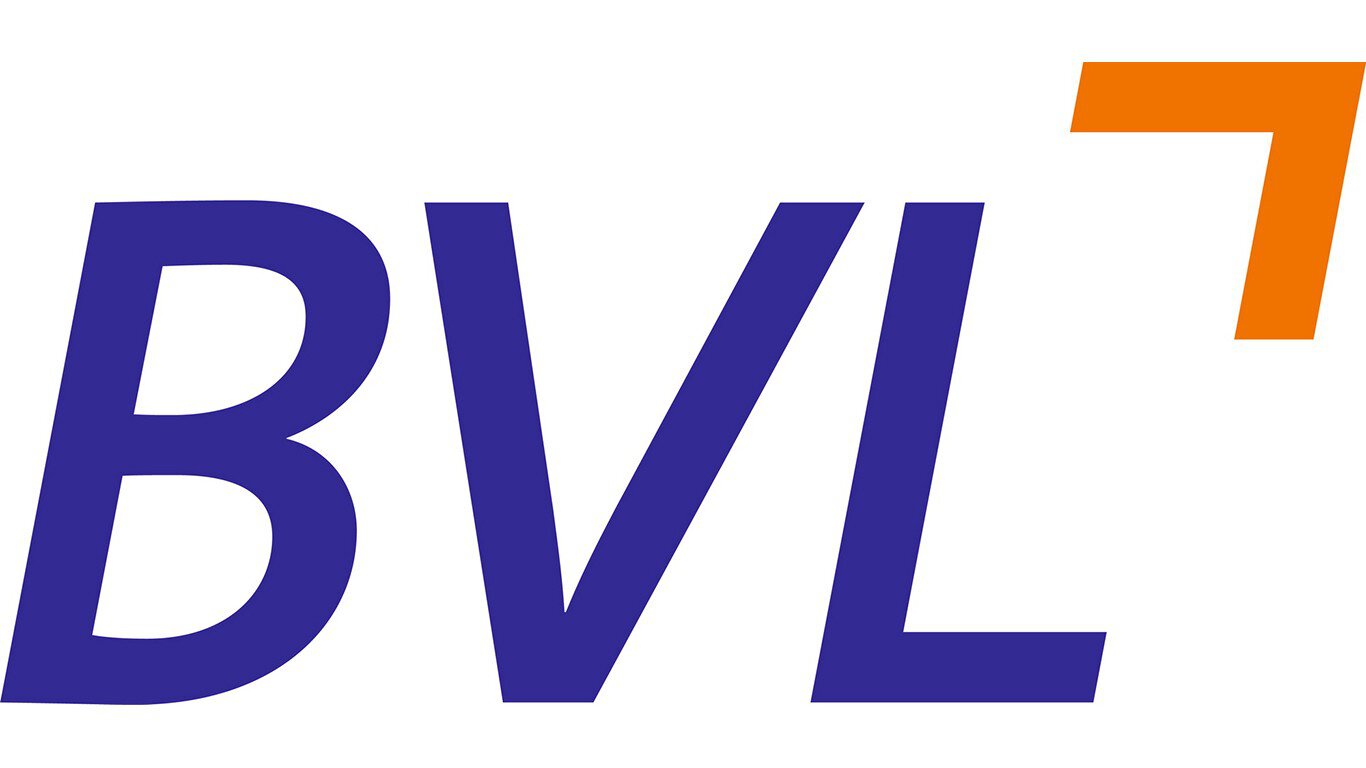Our long-time partner: BVL – The Supply Chain Network
As part of transport logistic 2025, BVL is organizing four forum sessions on the topics of
- Cyber Security in Logistics: Safeguarding Supply Chains in a Digital Age
- Managing Global Supply Chains: Between the Dusk of Certainty and the Dawn of New Challenges
- Bureaucracy or Opportunity? Deciphering the Economic Value of CSRD & Co.
- Resilience through HRM: Strategies for Crisis-Resistant Logistics Teams in troubled Times
BVL thus supports transport logistic as the leading trade fair for the logistics industry.
BVL and transport logistic publish whitepaper by secida
12 Steps to Become a “Supply Chain Cybersecurity Leader”
Ahead of transport logistic, taking place from June 2 to 5 in Munich, BVL and Messe München have released a new English-language whitepaper addressing one of the logistics industry’s key topics. The underlying BVL study, "Cybersecurity in Supply Chains", identified a group of companies considered leaders in cybersecurity. These companies are targeted significantly less often and recover much more quickly in the event of an attack. In the newly published whitepaper, secida AG takes a closer look at this group and presents a concise guide for companies that still have room for improvement in the area of cybersecurity.

BVL – The Supply Chain Network
The open network of BVL (Bundesvereinigung Logistik – The Supply Chain Network) brings together about 10.500 experts and leaders from several professional fields such as production, trade, service, science and politics. Its main focus is to advance the application and development of supply chain management (SCM) and logistics.
BVL places particular focus on the exchange of knowledge and experience. To this purpose, it offers congresses, specialist forums and free regional group events. Highlights include the BVL Supply Chain CX and the Forum Automotive Logistics in cooperation with the German Association of the Automotive Industry.
BVL is an active community whose members strive to broaden their professional horizon beyond their defined circles, thus creating effective communication in a globalized economy. As a non-profit organization, BVL acts objectively and independently without promoting any particular interests in the political or economic discourse, but strives to actively address any issues of logistics and supply chain management as a whole.
